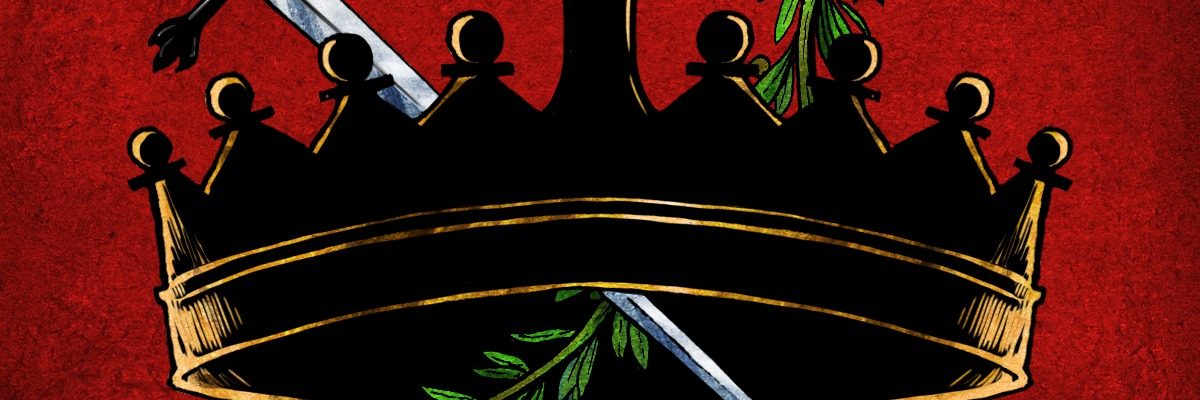Since The Prince was first published in 1532 it has attracted an eclectic group of admirers. Figures as diverse as Napoleon Bonaparte, Jean-Jaques Rousseau, and Tupac Shakur, have managed to find some deep wisdom in the pages of Niccolo Machiavelli’s little book. Machiavelli’s enduring allure has always been fueled by the controversy that swirls around his work. To this day there is no consensus around what Machiavelli’s “real” goal was when he wrote The Prince. Is it possible to determine if Machiavelli deserves his bad reputation when there is so little agreement about him? Tune in and find out how 90’s rap beef, The Grateful Dead, and the weirdest job application in history all play a role in the story.

Works Cited
Benner, Erica. Be like the Fox: Machiavelli’s Lifelong Quest for Freedom. Penguin Books, 2018.
Cook, William R. The Great Courses: Machiavelli in Context. Narrated by William R. Cook, Audible, 2013. Audiobook.
Dietz, Mary G. “Trapping the Prince: Machiavelli and the Politics of Deception.” American Political Science Review, vol. 80, no. 3, 1986, pp. 777–799., doi:10.2307/1960538.
Langton, John, and Mary G. Dietz. “Machiavelli’s Paradox: Trapping or Teaching the Prince.” American Political Science Review, vol. 81, no. 4, 1987, pp. 1277–1288., doi:10.2307/1962589.
Machiavelli Niccolò, et al. Discourses on Livy. Oxford University Press, 1997.
Machiavelli Niccolò. The Prince. Penguin, 2004.
Mcshea, Robert J. “Leo Strauss on Machiavelli.” The Western Political Quarterly, vol. 16, no. 4, 1963, p. 782., doi:10.2307/445843.
Viroli, Maurizio. Niccolò’s Smile: a Biography of Machiavelli. Hill and Wang, 2002.Viroli, Maurizio. Redeeming “The Prince”: the Meaning of Machiavelli’s Masterpiece. Princeton University Press, 2015.

